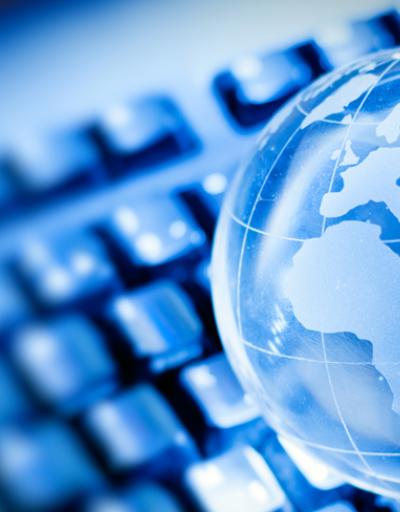
Information Literacy
Information Literacy empowers people in all walks of life to seek, evaluate, use and create information effectively to achieve their personal, social, occupational and educational goal.
Information literacy and lifelong learning have been described as the beacons of the information society, illuminating the courses to development, prosperity and freedom.
Information literacy empowers people in all walks of life to seek, evaluate, use and create information effectively to achieve their personal, social, occupational and educational goals. Information-literate people are able to access information about their health, their environment, their education and work, and to make critical decisions about their lives.
In a digital world, information literacy requires users to have the skills to use information and communication technologies and their applications to access and create information. Closely linked are two other related literacies: computer literacy (ICT skills) and media literacy (understanding of various kinds of mediums and formats by which information is transmitted). For example, the ability to navigate in cyberspace and negotiate hypertext multimedia documents requires both the technical skills to use the Internet and the literacy skills to interpret the information.
IFAP is promoting actions aimed at raising awareness of the importance of information literacy and supporting projects that build the literacy skills of users.

